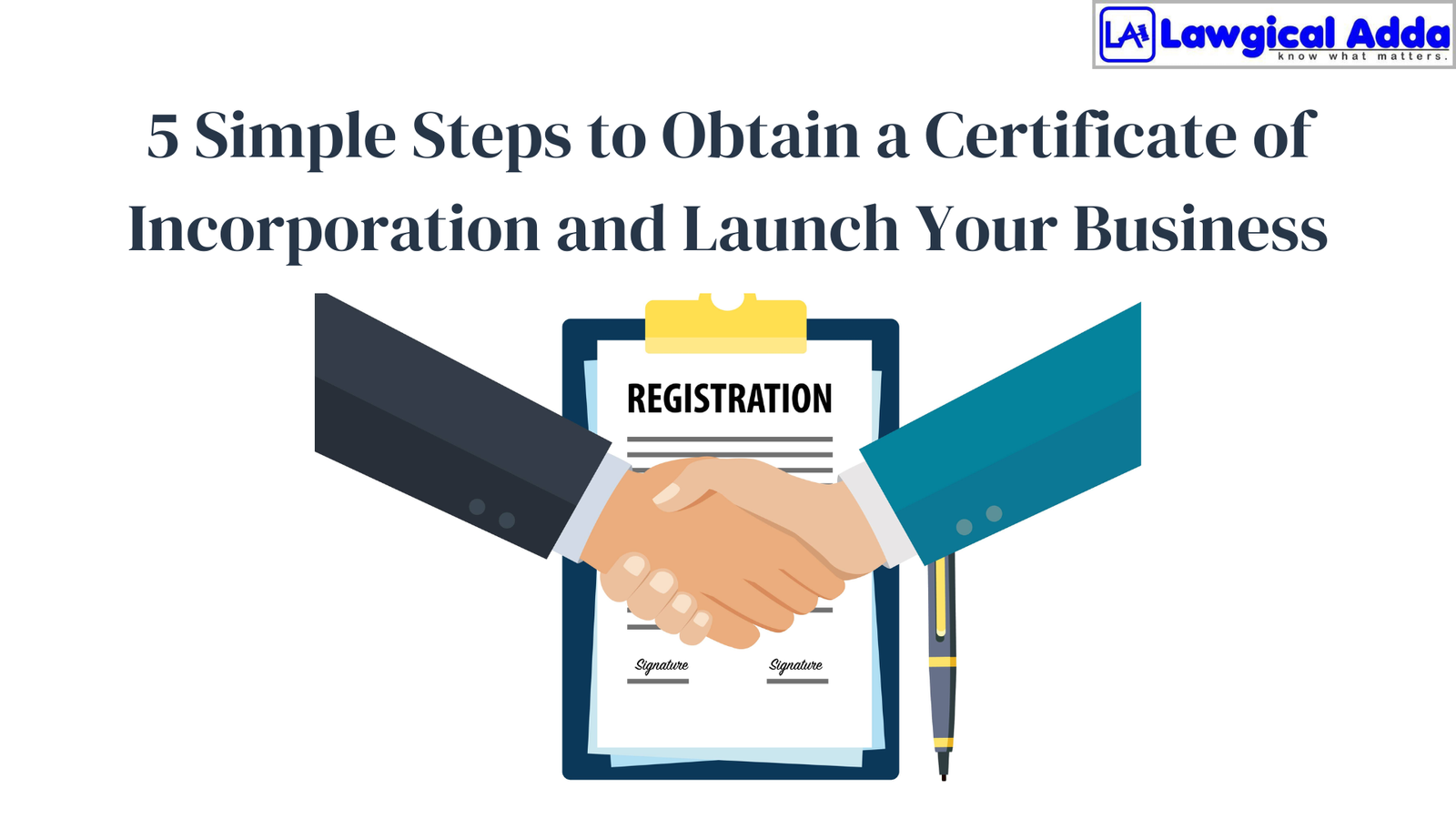Section 25 of the Companies Act 2013

Table of Contents
Introduction
Section 25 companies are nonprofit organisations in India established with the main objective of promoting areas such as commerce, art, science, religion, charity, or any other useful purpose.
These companies differ from every other form of nonprofit entity like trusts and societies, since they are formed in stricter regulations and have a more reliable organisational structure.
Section 25 of the Companies Act 2013
Though a Section 25 company does not have a profit motive, it is allowed to retain its profits only to accomplish the objectives.
The words “Limited” or “Private Limited” do not need to be attached to the name of such businesses, which is something that has been permitted by a special license given by the central government.
To be labelled as a Section 25 company, an organisation has to fulfill the following criteria:
- This company shall be formed with a view to promote commerce, art, science, religion or charity. The main objective for forming such a company shall not be the generation of profits.
- Application of Profits: All the profits or incomes arising out of the company activities should be applied only to promote the objective stated above. No profit can be distributed to the members or shareholders.
- License Requirement: The Central Government, under the Registrar of Companies (ROC), shall grant a license where it declares to intend the organisation to be a Section 25 company. The application is made before the ROC in the state where the said company shall be registered.
Procedure for Registration of a Section 25 Company
A Section 25 company can be registered with the aid of a set of legal and administrative procedures:
- Name Approval (E-Form 1A)
The first step is name approval, which is filed through E-Form 1A to the Registrar of Companies (ROC).
One may propose up to six different names that would also be made in order of preference. The present application fee will be INR 1,000. After the name approval, other registration formalities can be completed.
- Filing with the Registrar of Companies:
The name so approved is put into the application for giving the license by filing a license application with the ROC. Various applications may include some important documents like:
- Draft of Memorandum and Articles of Association, MOA & AOA.
- The details about the promoters, along with their names, addresses, occupations, and other past companies where they have served at their posts.
- Statement regarding the current assets and liabilities of the association
- Provisions of future earnings and expenses of the company.
- A declaration mentioning what the company proposes to do after registration.
- Certificate from a Company secretary, Advocate or Chartered Accountant that the application has been made in compliance with the Statute.
- Initial declarations to be on non-judicial stamp paper by the promoters.
- Companies used to advertise their intention to register in a local newspaper, but this provision has now been removed.
License to be Issued
Once the application is submitted, the ROC scrutinises the documents. Upon being satisfied, ROC issues a license within 30 days, and the company is able to get registered without using the word “Limited” or “Private Limited.”
Taxation Schema and Income Tax Provisions
Section 25 companies enjoy tax treatment identical to those of societies or charitable trusts. The companies can apply for exemptions under Section 80G of the Income Tax Act 1956 to claim tax.
This will give a 50% deduction on what he or she is giving to the donor. The company files Form 10G with the Commissioner of Income Tax for this benefit.
Also, Section 25 companies need to undergo annual auditing if their income goes beyond the limits of taxation, and they must prepare an audited report in Form 10B signed by a certified chartered accountant.
Critical Benefits of Section 25 Companies
Section 25 companies give them some very alluring benefits, which makes them a favourite structure for non-profit organisations:
No use of ‘Limited’ or ‘Private Limited’
Some of the other special immunities Section 25 companies carry around include exemption from not having to use ‘Limited’ or ‘Private Limited’ in the name and yet enjoy the limited liability.
That mainly gives them the leeway of distinguishing themselves as not-for-profit while enjoying the corporate structure.
Exemption from Minimum Paid-Up Capital
Unlike other companies, Section 25 companies are not required to bear the minimum paid-up capital.
While private companies will ordinarily be required to maintain a minimum paid up of INR 1 lakh and public companies, a minimum paid up of INR 5 lakhs, Section 25 companies are not so required though their authorised share capital need to be in proportion to their corporate structure whether it is a private company or a public company.
Simplified Corporate Compliance
Section 25 companies have lots of exemptions in the administrative sense. For example, the requirements of Section 147 regarding the display of name and address outside their office do not apply to such companies.
Besides, they themselves may determine the date, place and time of annual general meetings (AGMs) and are required to hold board meetings only once in six months. They are not required to hold quarterly meetings. They also receive lesser notice of time for AGMs, that is 14 days’ as compared to 21 days in other cases.
Stamp Duty Exemption
There is no payment for Section 25 companies in terms of stamp duty on registration or while the capital of the group is enhanced and exempted from decrease of setup and running costs.
Contributions from Abroad
The Section 25 company is eligible to accept foreign contributions and funds, considering the Foreign Contribution Regulation Act (FCRA), which attracts more worldwide donors.
Legal and Financial Security
Section 25 companies enjoy perpetual succession; that is, the company continues to exist though its membership may change.
In addition, these companies are separate from their proprietors, and no liability of a lawsuit or debt committed by the company shall affect the owners either collectively or individually; this is yet another layer of legal protection to those involved.
Benefits of Fund Raising
One of the significant benefits of Section 25 companies is that they are able to raise funds from various sources, such as the issuance of shares to the public or through accepting public deposits; hence, raising finances for operations and projects is relatively easy.
Obligations of Section 25 Companies
Section 25 companies have lots of privileges; however, they also have obligations to ensure that their activities are carried out in line with their role as a non-profit organization.
- Profits cannot be distributed as dividends to members or shareholders.
- Profits can be disbursed only for the furtherance of the stated objectives of the company.
- Any alteration in the company Memorandum of Association (MOA) requires prior approval from the central government.
- Company has to abide by all the terms and conditions put forth by the central government while granting license.
- Company has to modify its MOA as well as AOA if its activities are not found to fall within the stated objectives.
Revocation of License
If the company violates the conditions in which the license was granted, then the central government can cancel that license; before doing so, the government will provide the company with prior notice followed by the opportunity to present its side of the case before cancellation.
The company has to then append “Limited” or “Private Limited” to the name if the license is revoked, and it loses the privileges associated with its Section 25 status.
Winding Up of Section 25 Companies
The objectives of the Section 25 company can be achieved completely in order to wind up the same. The surplus assets must be transferred to some other charitable organisation with similar objectives while the company is winding up.
Conclusion
Section 25 companies provide a recognised and structured framework for non-profit companies in India. The benefits include tax exemptions, easy fundraising, and administrative flexibility among several others.
However, they must work within the ambit of the objectives defined and utilize the profits only for charity purposes.
Thus, the Section 25 companies can be an attractive source of engagement for organizations for doing non-profit activities with fair transparency and accountability towards regulatory oversight.
Simplify your business setup with Lawgical Adda. Whether you’re forming a Section 8, Public, or Private Limited Company, or need a swift company name check, we’ve got you covered.
Our expert team handles the complexities of corporate governance and secretarial compliance, from inception to ongoing management. Let Lawgical Adda be your trusted partner. Contact us today to get started.







